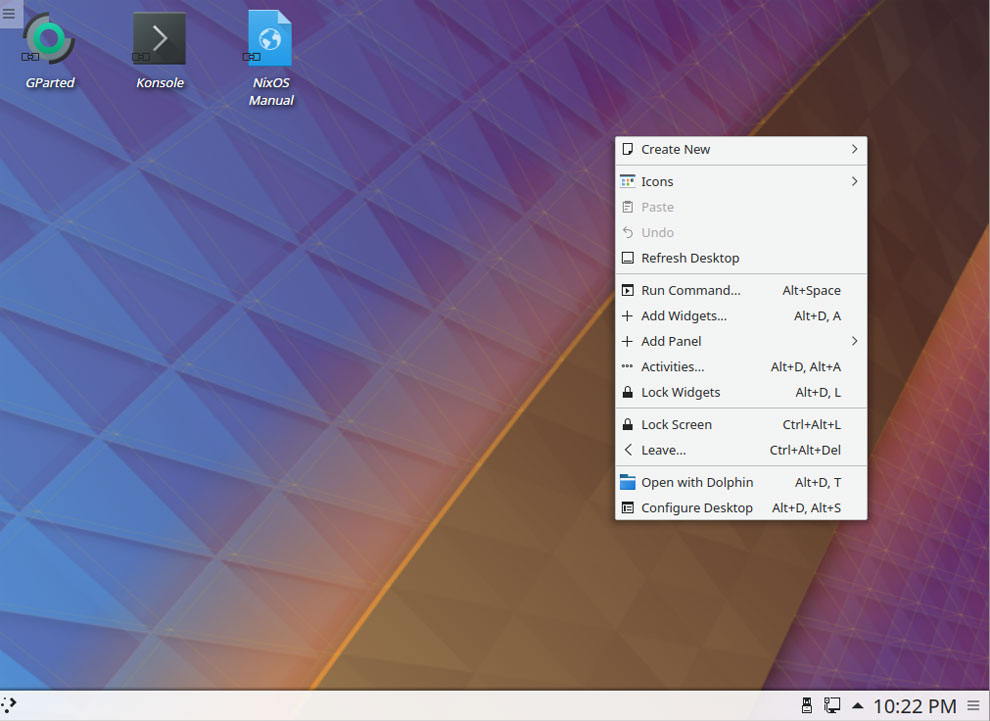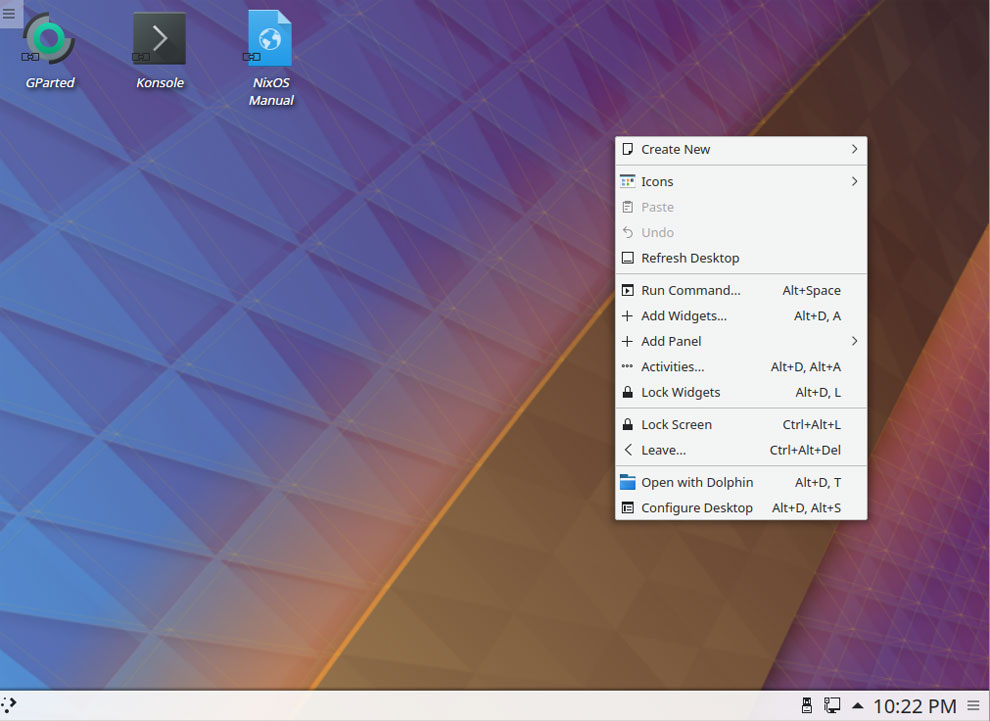The Rise and Fall of Gaming Accessibility: Apex Legends and the Linux Dilemma
In the dynamic realm of gaming, accessibility across various platforms has dramatically transformed players’ experiences. With the rise of systems like Steam Deck, thousands of games that once lived exclusively in the Windows ecosystem are now flourishing on Linux. However, the recent decision by EA to remove Apex Legends from Linux platforms due to rampant cheating raises profound questions about online fair play and accessibility in gaming.
 The conflict between accessibility and integrity in gaming continues to unfold.
The conflict between accessibility and integrity in gaming continues to unfold.
The Cheating Crisis
As highlighted by EA, the primary motivation for the ban was the increasing incidence of cheating. Linux has been identified as a platform exploited by cheaters, making it a significant headache for developers. With anti-cheat software like Easy Anti-Cheat already active on Linux, it seems even the best measures hadn’t sufficed. EA’s recent statement made it abundantly clear:
“In our efforts to combat cheating in Apex, we’ve identified Linux OS as being a path for a variety of impactful exploits and cheats.”
While the decision to block Linux access might seem negligible in terms of affected players, EA sees it as a necessary step towards preserving the integrity of the gameplay experience. The gaming community, however, remains divided: Is the sacrifice warranted?
Understanding Linux as a Cheater’s Paradise
Linux’s openness, while celebrated for its flexibility and customization, creates vulnerability. Cheating developers thrive in less regulated environments, and as statistics suggest, this isn’t an isolated issue. Players have been aware that, since the launch of Apex Legends in 2019, cheat tools have proliferated alongside legitimate player communities. EA’s actions point towards an evolving understanding of these complex dynamics, emphasizing that while Linux users are a minority, their influence on gameplay integrity is significant.
To put this into context, over six million accounts have been banned since the game’s inception, with over 100,000 of those occurring monthly. This prompts serious concern about the sustainability of fair play across games available on platforms known for lower barriers to entry.
 The consequences of cheating are far-reaching, affecting everyone in the gaming ecosystem.
The consequences of cheating are far-reaching, affecting everyone in the gaming ecosystem.
History of Anti-Cheat Implementations
It’s worth investigating not just Apex Legends’ journey but the broader history of anti-cheat struggles. Previous efforts saw similar outcomes; games like League of Legends and Valorant faced similar situations where they had to evolve their policies based on the surrounding technology. The introduction of Vanguard, Riot Games’ ambitious anti-cheat initiative, saw it effectively block access under Linux. Ultimately, these developments signal a deeper trend within the industry, where the balance between security and accessibility remains a constant battleground.
Future Implications on Platform Choices
As developers remain in a state of response, the decision to cut off access will undoubtedly influence how games are supported on different platforms moving forward. Industry giants must now weigh the costs and benefits of embracing Linux within their gaming ecosystems, especially considering the rise of devices like the Steam Deck.
Yet, this begs the question: Have we entered a new era of exclusivity in gaming? If major titles continue to impose restrictions on Linux, many gamers could be left in the cold. Suddenly, the affordability and open-source nature of the Linux platform become moot points if flagship titles withdraw support.
The Bigger Picture: Activism in Gaming
In light of these events, players and advocates cannot staunchly ignore the broader dialogue around access and fairness. Current debates highlight the ongoing struggle to create inviting environments for all players, irrespective of the platform they choose. The gaming community often wrestles with how developers should handle incidents of cheating, especially as certain platforms become synonymous with malicious activity.
For those passionate about gaming, this conversation is central. Do we risk losing beloved games due to the negative impact of a fraction of their user base? Until this issue is resolved, integrating responsible gaming practices in game development and nurturing robust communities remains paramount.
Conclusion: Unity in Diversity
Ultimately, the ongoing conversation surrounding Apex Legends’ accessibility, especially on Linux, is emblematic of broader societal issues within gaming. Players long for inclusivity and equal opportunity to engage in their favored activities. The path forward may not be straightforward, as developers juggle security and accessibility.
In a digitally diverse world, a collective effort must ensure that fair play does not come at the cost of progressive accessibility. The onus now lies with the gaming community to rally around both developers and platforms to forge solutions that elevate the gaming experience for everyone, not just a select few.


 Photo by
Photo by 












